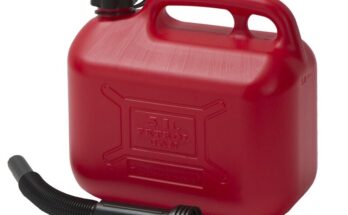Emergency generators allow commercial and healthcare buildings to have a continuous stream of power and sustain the health and safety of the building occupants. They can help avoid financial losses and dangerous situations if the grid is not able to provide electricity for any length of time.
The New Jersey Department of Environmental Protection, or NJDEP, governs the standards for the use of emergency generators in the state. Acquiring a permit is required because diesel and gasoline generators have environmental impacts. Business owners planning to use an emergency generator system in their NJ facilities must achieve NJDEP permit compliance.
Emergency generators release pollutants like carbon monoxide, nitrogen oxides, and sulfur oxides that pose risks to human health and play a role in climate change. Specifically, nitrogen oxide is known as the biggest contributor to ozone depletion.
Exhaust from emergency generators also releases toxic contaminants. Some of them are known carcinogens like benzene, arsenic, and formaldehyde. Carcinogens are substances or agents that can increase the risk of cancer.
Even though emergency generators are important for business operations, commercial facilities must take measures to lessen the equipment’s associated environmental and health effects. NJDEP does this by providing emergency generator air permitting in accordance with N.J.A.C. 7:27-8.
A general air permit allows the operation of emergency generators for limited circumstances. This includes normal testing, maintenance procedures, power outages, and when the Pennsylvania-NewJersey-Maryland (PJM) Interconnection releases a voltage reduction notice under emergency procedures.
Moreover, the emergency generator may only be operated on days when the air quality in the township of the facility is forecast to be Good or Moderate. Emergency generators cannot be used for routine testing if the air quality is unhealthy or hazardous. Air quality forecasts must be checked before using the emergency generator.
NJ companies should consult with an NJ air permit consultant if they think their emergency generator requires an air permit. Professionals can help businesses comply with environmental laws and deal with permit compliance issues or concerns regarding the application.
For more details about air permits for emergency generators in New Jersey, check this infographic by Lockatong Engineering.




